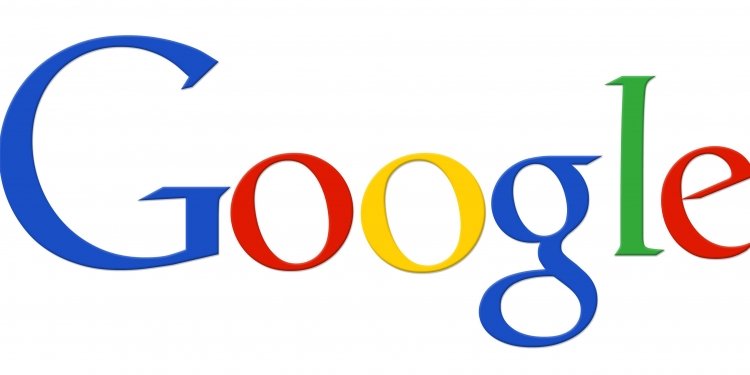Findings “Wildly Misleading” — Google
A new study suggests Google is collecting even more data than you may realize, a finding the search giant calls “wildly misleading.”
Google collects all kinds of data on the people who use its services throughout their day, everything from the routes they take to music they listen to, according to a study conducted by Douglas C. Schmidt, a Vanderbilt professor.
The study was commissioned by Digital Content Next, a trade group representing digital publishers.
Much of that data is “inferred” through passive means, including location information sent to Google even when people aren’t actively using their Android phones or Chrome Browsers, according to the 55-page study released Tuesday. Both Android and Chrome are made by Google and are the most popular services in their respective classes.
A dormant Android phone running Chrome in the background sent location information to Google 340 times during a 24-hour period, or roughly 14 times an hour, according to the study.
“At the end of the day, Google identified user interests with remarkable accuracy,” Schmidt wrote in the study.
ALSO READ: Microsoft Spots Another Russian Hacking Attempt
Asked for comment, Google challenged the findings and suggested the author of the report had a conflict of interest because he served as a witness in a copyright case Google is involved in.
“This report is commissioned by a professional DC lobbyist group, and written by a witness for Oracle in their ongoing copyright litigation with Google,” a Google spokesperson said in an email statement. “So, it’s no surprise that it contains wildly misleading information.”
Google and Oracle have been locked in a roughly $9 billion copyright case over the use of Java software in the Android operating system. In March, a US federal appeals court overturned an earlier decision, finding in favour of Oracle that Google exceeded the principles of fair use when applying Java to its mobile operating system.
ALSO READ: Skype’s End-To-End Encryption Finally Arrives, See How To Use It
Prof. Schmidt didn’t immediately respond to a request for comment.
The study also says Google is able to associate the anonymous data it collects with user accounts through its advertising tools, such as the DoubleClick cookie ID.
Google has been under scrutiny for privacy concerns. Last month, the House Committee on Energy and Commerce sent a letter to Google parent company Alphabet questioning how Google collects data through location services, cellular towers, Wi-Fi hotspots and Bluetooth connections, especially when devices are offline or dormant. Google hasn’t responded to the inquiry.
Last week, an Associated Press investigation found that Google services on Android devices and iPhones track and store your location data even if you turn off location history in your privacy settings. Google is now facing a lawsuit over the issue.










